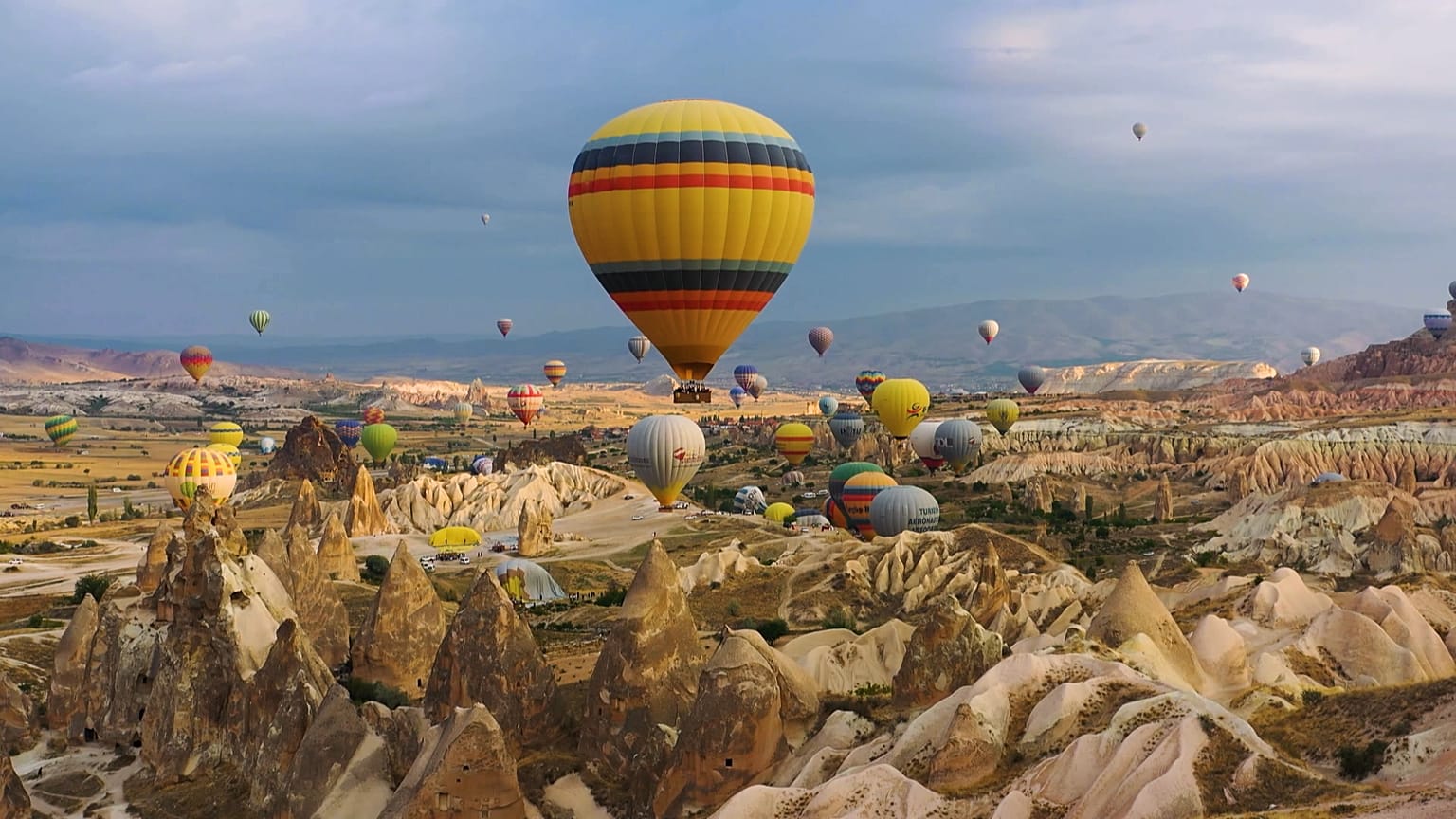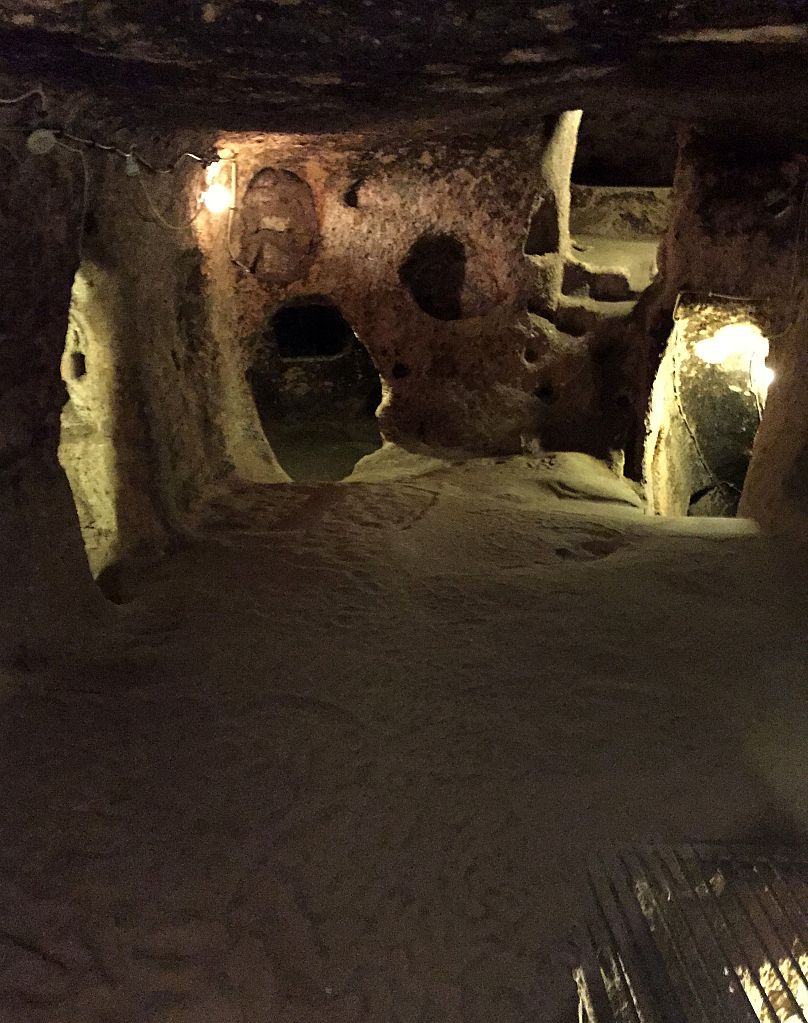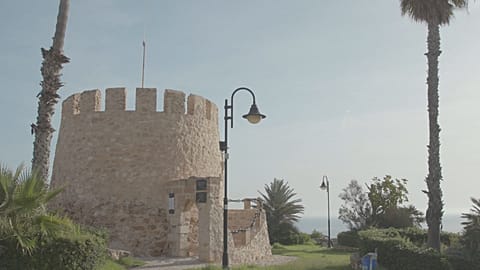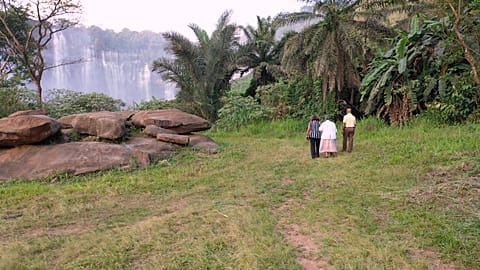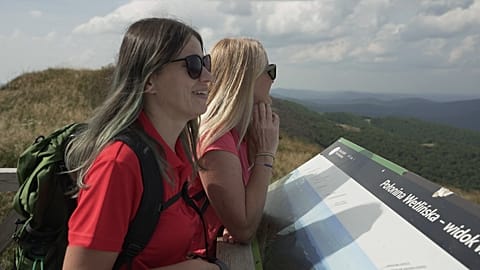Visitors from all over the world continue to be welcomed to this relatively unknown region, which is bursting with natural beauty and history.
Welcome to Cappadocia: Türkiye's hidden gem
 ADVERTISEMENT
ADVERTISEMENT
 ADVERTISEMENT
ADVERTISEMENT
Türkiye’s income from the tourism sector is important and most of the country's tourist sites, such as Cappadocia, have not been affected by the earthquakes that killed tens of thousands of people in February.
Visitors from all over the world continue to be welcomed to this relatively unknown region, which is bursting with natural beauty and history.
Lava, ash, rain, wind and ice are the “artists” that have sculpted over millions of years Cappadocia, in central Türkiye.
Its fairy chimneys, conical structures that can reach up to 45 meters in height, are famous all over the world.
If nature was the first artist to arrange the decor, man carved the rest, creating what is now considered a national treasure.
A member of the UNESCO World Heritage List since 1984, the Göreme Open-Air Museum is a monastic Byzantine masterpiece. Churches, chapels and monasteries here have all been cut into the rock.
Inside the Dark Church, one of the most impressive, the walls are adorned with beautiful frescoes. Miraculously, the colours have retained their original lustre, thanks to the incredible technique used at that time, as Asım Çiftçi, tourist guide at the Göreme Open-Air museum, tells us.
“This church has the very well-preserved colours of our region. So, this [is] all original, it didn’t [need to be] restored. Everything is natural: the colours, the natural pigments, the fresh lime. The polish is made from wild pigeons’ eggs."
The vineyards of Cappadocia
Another gem, although less known, is Cappadocia’s wine. According to history, the area is part of the region considered to be the birthplace of wine.
Viticulture is said to have first begun here during the bronze age. The unique character of the wines from Cappadocia stems from the land, as Doğukan Başbilir, Production manager at Turasan Winery explains.
“There's a lot of soil which is made from the volcanic ashes, the tuff soils. This is the soil that makes the vineyards. It brings a lot of flavours, a lot of acidities, a lot of minerality”
Cappadocia is especially famous for the quality of its white wines, made from Emir grapes that are unique to the region. This type of wine has a pale yellow colour, it smells of flowers and you can also get hints of ash, because of the soil.
Activities for all
For more sporty types, got air ballooning, cycling and hiking are also on offer. Horse riding, an all-year-round activity in Katpatuka, which in one interpretation means “land of beautiful horses” in English, is a useful way to explore the region.
Another must-do activity in Cappadocia is delving down tens of metres below sea level, to explore the centuries-old tunnel network. Carved out of soft volcanic stone, there are around 200 underground cities in the region. Only a few of them are open to visitors, like Kaymaklı, the oldest one.
“This underground city is about 4000 years old”, says Levent Yüce, a tourist guide at Kaymaklı. “In the Hittites era, more or less 2000 people could stay here, but they were living [here] only in wartime, to protect themselves from their enemies”.
There are close to one hundred tunnels inside this underground city, which has something for every traveller.














